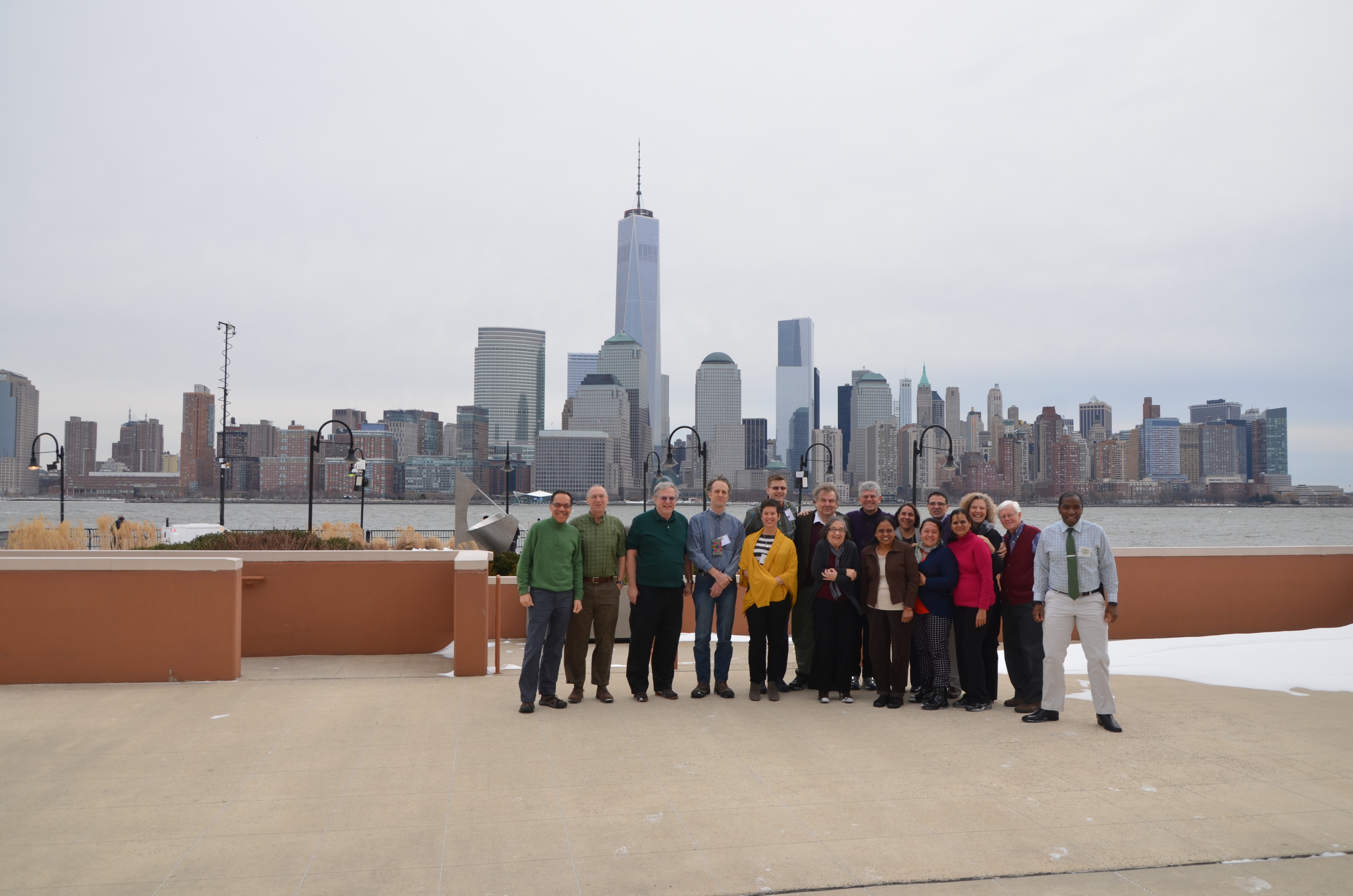Engaging Mathematics: Creating a National Community of Practice
Funded through the National Science Foundation’s TUES-II program (DUE-1322883), the Engaging Mathematics (EM) three-year initiative aims to significantly increase the use of the SENCER model, and other reformative pedagogies, by a national community of mathematics scholars capable of creating, implementing, and sustaining reforms in mathematics education. Engaging Mathematics is an initiative of the National Center for Science and Civic Engagement (NCSCE).

Both lead and partner institutions collectively make up the EM project. The project’s two lead institutions are Metropolitan State University and LaGuardia Community College. Augsburg College, Normandale Community College, Oglethorpe University, and Roosevelt University represent the partner institutions. Over the course of the project, lead and partner institutions will enhance existing courses, where applicable, and develop new courses, modules, and themes for future use.
Another goal of the EM project is to offer resulting modules and courses at both their institutions of origin as well as at partner campuses, thereby benefitting partner institutions with several new courses, and providing the project team insight on how to successfully implement courses in multiple settings.
The EM leadership team will work with the Mathematical Association of America to disseminate materials, modules, courses, and results to communities of interest. Additionally, updates and resources developed throughout the initiative will be made available online to all interested educators, administrators, and students. Regional meetings, national symposia presentations, and faculty development programs are planned.

